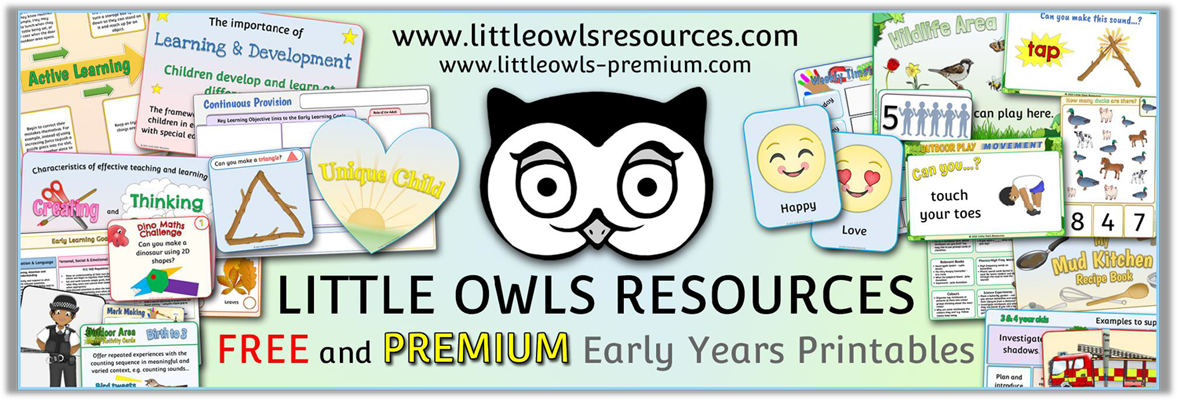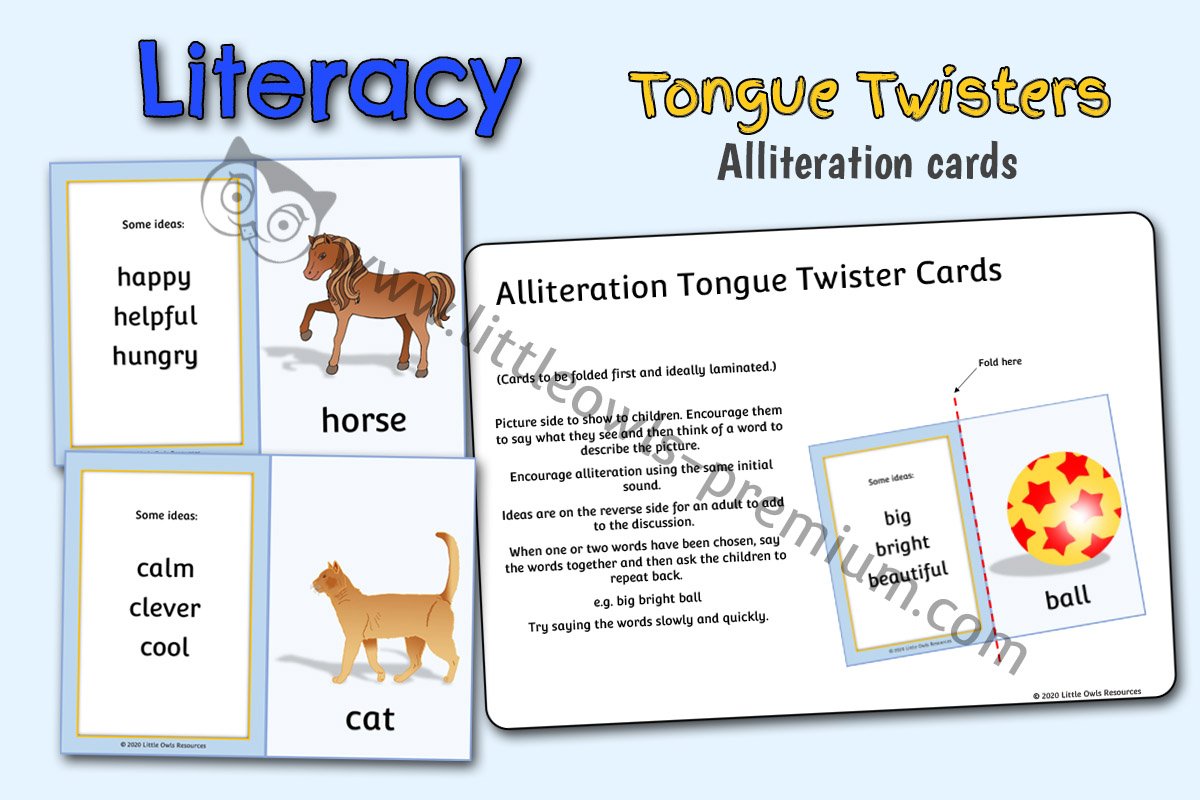<<-BACK TO ‘KEYWORD’ SEARCH MENU
<<-BACK TO ‘AREAS OF LEARNING’ SEARCH MENU
Alliteration and Tongue Twisters - EYFS/Early Years activities, Displays and ideas
PLEASE SCROLL DOWN TO BROWSE OUR
‘ALLITERATION AND TONGUE TWISTERS’ RESOURCES…
If you are not a member already, become a ‘Free Access’ member here. This will give you access to resources within the ‘Free Sample Resources’ sections at the top of most pages and ‘Special Dates Calendars’. Some whole topics are even free! Find out more about all of our membership options here. If you are already a member… thank-you! x
Please note that both Editable (docx file) and non-editable (pdf file) versions are available for ‘Alliteration & Tongue Twisters’ resources. (Editable files require Microsoft Word to work at optimum level and Non-Editable files require a pdf viewer.)
FREE SAMPLE RESOURCE!
(Click on the image below to find out more)
Click on the thumbnail images below for further details…
Related Special Dates
International Tongue Twister Day
International Tongue Twister Day is celebrated annually on the second Sunday of November to have fun with language, celebrate linguistic skill, and challenge ourselves with tricky phrases. It’s a day dedicated to the playful practice of tongue twisters—phrases that are difficult to say quickly due to a sequence of similar sounds.
Purpose of International Tongue Twister Day
Celebrating Language and Speech: Tongue twisters are a fun way to engage with language, challenging speakers with difficult sounds and complex wording.
Improving Speech Skills: Tongue twisters help improve pronunciation, articulation, and fluency. They are often used in speech therapy and vocal exercises to strengthen and fine-tune the muscles involved in speaking.
Cross-Cultural Enjoyment: Tongue twisters exist in many languages and reflect unique phonetic qualities of each language, making the day a cross-cultural celebration of linguistic quirks and humour.
Popular Tongue Twisters
English: "She sells seashells by the seashore," and "Peter Piper picked a peck of pickled peppers."
Spanish: "Tres tristes tigres tragan trigo en un trigal" (Three sad tigers swallow wheat in a wheat field).
Japanese: "Tokyo tokkyo kyoka kyoku kyoka kyokucho" (Tokyo patent office permit officer).
Mandarin: "四是四,十是十,十四是十四,四十是四十" (Sì shì sì, shí shì shí, shísì shì shísì, sìshí shì sìshí) meaning "Four is four, ten is ten, fourteen is fourteen, forty is forty."
Fun Activities for International Tongue Twister Day
Tongue Twister Competitions: People often challenge friends or colleagues to say tongue twisters as quickly and accurately as possible.
Learning New Twisters: Discovering tongue twisters in other languages can be a fun and educational way to celebrate.
Social Media Sharing: Many people share videos of themselves or others trying out tongue twisters, often resulting in funny and enjoyable mispronunciations.
Why Tongue Twisters Matter
Besides being fun, tongue twisters have a practical application in improving speech clarity and developing phonetic awareness. They’re often used by actors, singers, and public speakers as warm-up exercises to articulate sounds better and improve fluency.
International Tongue Twister Day is a playful way to appreciate language, challenge one’s own articulation, and enjoy the humorous side of speaking, making it a unique addition to language-related celebrations.






















